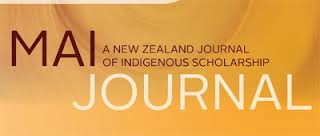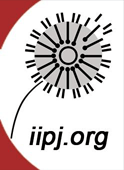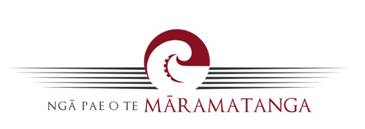Blog
The News and musings from the yards, barrel halls and tasting panels, and from on the road traveled between.
Archive for the ‘News’ Category
The Human Cost of Inequality
Date: 19th of May- 23rd of May Time: 7.30pm Venue: Fisher & Paykel Appliances Auditorium (260-115), Owen G Glenn Building, 12 Grafton Road,, Auckland Cost: Free A series of three…continue reading
Evidence2Action Symposium 2014, 4 June, Wellington
The one-day Evidence2Action symposium on Wednesday 4 June is a chance for anyone interested to explore the link between research, policy and action. The symposium is being hosted by the…continue reading
Towards the ‘tangible unknown’: Decolonization and the Indigenous future
On the occasion of the inaugural issue of Decolonization: Indigeneity, Education & Society, we examine the many contradictions, contestations and possible pathways to decolonization. In working to explore the many…continue reading
Talking with Amohia Boulton part-2
Amohia Boulton (Ngāti Ranginui, Ngai te Rangi, Ngāti Pukenga, Ngāti Mutunga) is a Senior Researcher and Associate Director at Whakauae Research for Māori Health and Development, a small tribally-owned and…continue reading
The Human Cost of Inequality lecture series, May 2014, Auckland
The authors of the highly acclaimed book “The Spirit Level: Why Equality is Better for Everyone” are presenting the 2014 Sir Douglas Robb Lectures hosted by the University of Auckland. When:…continue reading
Deterritorialising geopolitical spaces and challenging neoliberal conditions through language revernacularisation in kōhanga reo

This article, written by Mere Skerrett, explores some of the influences shaping early childhood Māori language education in Aotearoa New Zealand. By drawing on Garcia’s socio-historical stages of language orientation…continue reading
Enacting Kaitiakitanga: Challenges and Complexities in the Governance and Ownership of Rongoā Research Information

This article explores the tensions one research team has faced in securing appropriate governance or stewardship (which we refer to as kaitiakitanga) of research data. Whilst ethical and regulatory frameworks…continue reading
Ka Awatea: An iwi case study of Māori students’ success

This Ngā Pae o te Māramatanga project incorporates most of the secondary schools and wharekura within the Rotorua school zone. From the literature, data gathered, and the matching and discussion…continue reading
Children and the Canterbury Earthquakes, Paper from the Child Poverty Action Group
“Even in developed countries, disasters have a knack of finding the poor and vulnerable” How are children affected by earthquakes? A number of young people between the ages of 10…continue reading
Kaupapa Māori wellbeing framework: The basis for whānau violence prevention and intervention
Authors: Terry Dobbs & Moana Eruera The purpose of this Issues Paper is to identify some key considerations for implementing kaupapa Māori frameworks at a government and iwi level, as…continue reading
International Indigenous Development Research Conference 25-28 November 2014
The 6th Biennial Ngā Pae o te Māramatanga conference will highlight indigeneity and the multidisciplinary approach used for indigenous development. Presentations and papers will address aspects of the following themes…continue reading
Update: Ngā Pae o Te Māramatanga funding

Māori researchers keep pressure on funding stalemate Māori researchers are calling on Government Ministers to come up with ways of tackling the issue of Māori research funding. They believe the…continue reading
